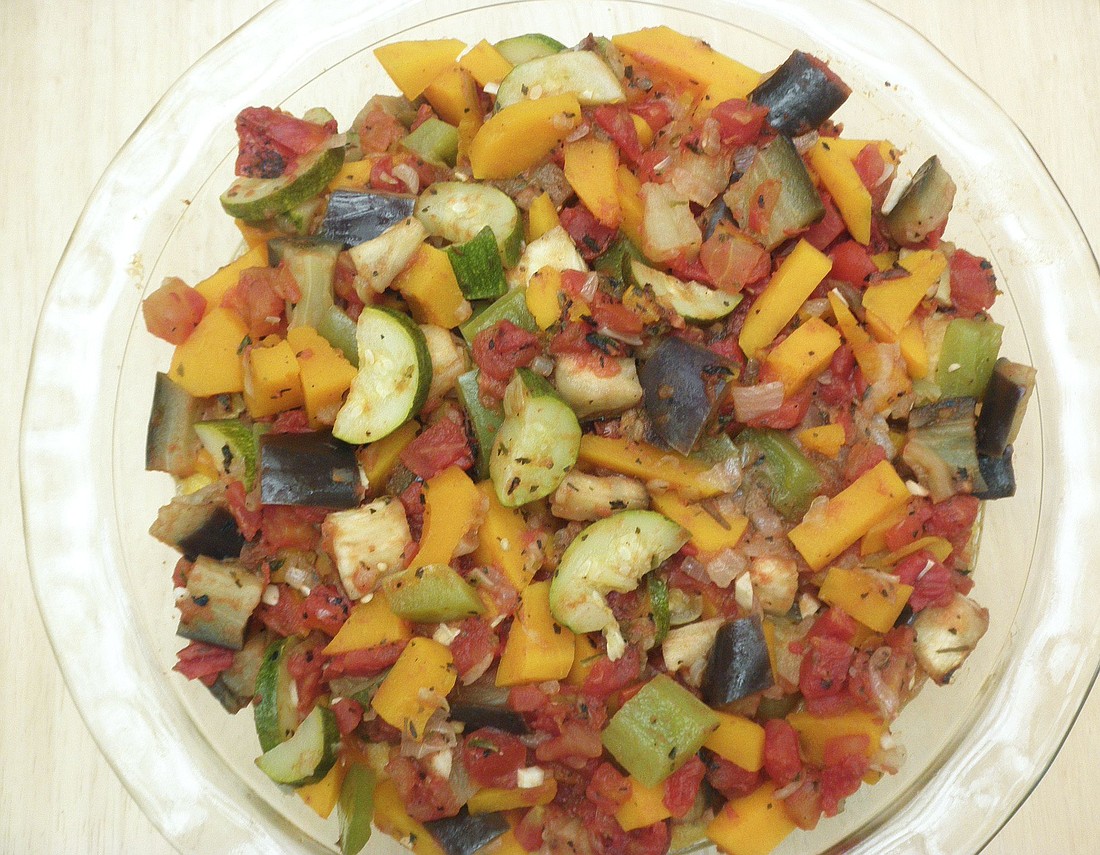Cooking to Maintain and Improve your Memory
October 27, 2014 at 12:42 p.m.
Improving and maintaining brain health can be as simple as implementing a few basic strategies into everyday activities. You can generate new brain connections that help to enhance your memory by incorporating a few of these suggestions:
• Play games such as crossword, Sudoku or jigsaw puzzles. The trick is to find something new, because introducing your brain to a new type of puzzle or a new way of thinking can help to generate new brain connections that will enhance your memory.
• Exercise, which increases oxygen to your brain.
• Get adequate sleep, which restore brain health.
• Finally, don’t forget that food is also essential to brain health! The following nutrients have been identified as important in maintaining brain health and memory:
Omega-3 fatty acids, one type of fat found in our diet, are particularly important as they are essential in maintaining the health of brain connections. This is important because without these connections the brain signals become slow and this impacts the ability to pull up memories and perform simple tasks. Cold water fish such as salmon, mackerel and tuna are excellent sources of these essential fatty acids. Other sources include walnuts, flax seeds and flax oil.
B-vitamins are found in legumes (e.g. kidney and black beans, lentils, etc.) and whole grains (e.g. whole wheat bread and brown rice). Vitamin B12 is particularly important in brain health and becomes especially vital the older you get because your body is not able to absorb vitamin B12 as easily as it could before. Animal products such as meats, cheese, eggs and milk contain sources of vitamin B12.
Other nutrients important for brain health include vitamins A, C and E and other antioxidants, especially those found in deep-colored fruits and vegetables such as kale, broccoli, blueberries, raspberries and bell peppers. These antioxidants provide protection for your brain cells and help keep the connections healthy.
Challenge yourself (and your brain!) by trying a new recipe. And, if that recipe contains nutrients essential for brain health, you can support your brain in two ways at once. Cook the recipe with a friend and the laughter you experience will increase your oxygen levels and support your brain health, too. Cooking new recipes, exercising regularly, trying new foods, and deepening friendships are easy ways to engage in brain enhancing activities every day. Get started today and try some new things that will improve not only your brain health but your overall health as well!
Polenta Pizza
The eggplant, bell peppers and squash in this recipe contain antioxidants that are important for brain health and function. The polenta, coarsely ground corn meal, provides a nice array of additional phytonutrients, while cheese and olive oil offer the healthful fats needed for brain support.
Prep time: 1 hour
Makes 8 slices
1 tablespoon plus 1 teaspoon butter or extra-virgin olive oil, divided
1 onion, chopped
1 teaspoon sea salt, divided
2 cloves garlic, minced
1 tablespoon fresh oregano (or 1 teaspoon dried)
1 tablespoon fresh basil (or 1 teaspoon dried)
1/2 medium zucchini, cut into ½-inch cubes
1/2 eggplant, cut into ½-inch cubes
1 patty-pan squash, cut into ½-inch cubes
1 ½ cups chunky tomato sauce
3 cups boiling water
1 cup polenta
1/4 cup Parmesan cheese
1/2 cup grated Monterey Jack cheese, for garnish (optional)
Preheat oven to 350° Fahrenheit. Heat 1 tablespoon of the butter in a skillet. Sauté onion and ½ teaspoon of the salt until soft. Add garlic and herbs; sauté a few minutes more. Put zucchini, eggplant, squash, green pepper, onion mixture, and tomato sauce into a lightly oiled 8x8-inch pan. Cover and bake for 1 hour.
While the vegetables bake, prepare the polenta. Bring water to rapid boil. Add the remaining ½ teaspoon salt and 1 teaspoon butter or oil. Slowly add polenta, stirring continuously with a whisk. Lower heat and continue stirring for 10-15 minutes until mixture thickens. Stir in Parmesan cheese. Lightly oil a 10-inch pie plate or 8x8-inch pan. Pour polenta into pan and smooth the top. Bake for 30 minutes.
Remove both dishes from oven. Spoon tomato vegetable mixture on top of the baked polenta. Cut into slices and serve with grated cheese on top, if desired.
Reprinted with permission from “Feeding the Whole Family” by Cynthia Lair (Sasquatch Books, 2008).
Non-profit, accredited Bastyr University (bastyr.edu) offers multiple degrees in the natural health sciences, and clinical training at Bastyr Center for Natural Health (bastyrcenter.org), the region’s largest natural medicine clinic.





